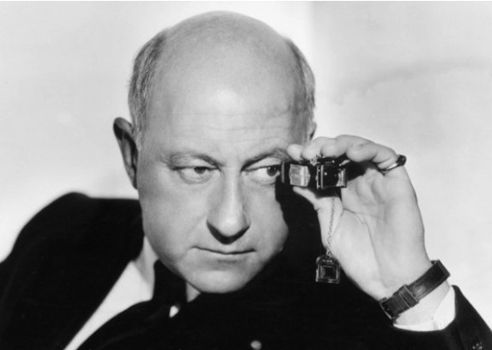Reading time: Less than 1 minute
Increase your vocabulary and you’ll make your writing much more precise. That’s why I provide a word of the week. Today’s word: clerihew.
Earlier this week I wrote about Ben Davis’s marvellous article on 30 art-writing clichés that writers should ditch. But his excellent column also gave me my word of the week, clerihew. Here’s how he used it:
Describing something as “palimpsest-like” is a good way of telling the reader that you are really invested in arcane cultural trivia. (For the uninitiated, a palimpsest is “a manuscript or piece of writing material on which the original writing has been effaced to make room for later writing but of which traces remain.”) I don’t know what joker is responsible for making it cool to do so, but when I find out, you can be sure I will write a merciless clerihew about him.
What on earth was a clerihew, I wondered. Turns out it’s a whimsical, four-line biographical poem invented by Edmund Clerihew Bentley. Here’s an example of one about the great film director Cecil B. de Mille (pictured above):
Cecil B. de Mille
Rather against his will
Was persuaded to leave Moses
Out of the Wars of the Roses.
The first line is the name of the poem’s subject, usually a famous person. The rhyme scheme is AABB, and the rhymes are often forced. The line length and meter are irregular.
I enjoy learning about unusual poetical forms like the clerihew. They often make terrific notes and birthday cards.

